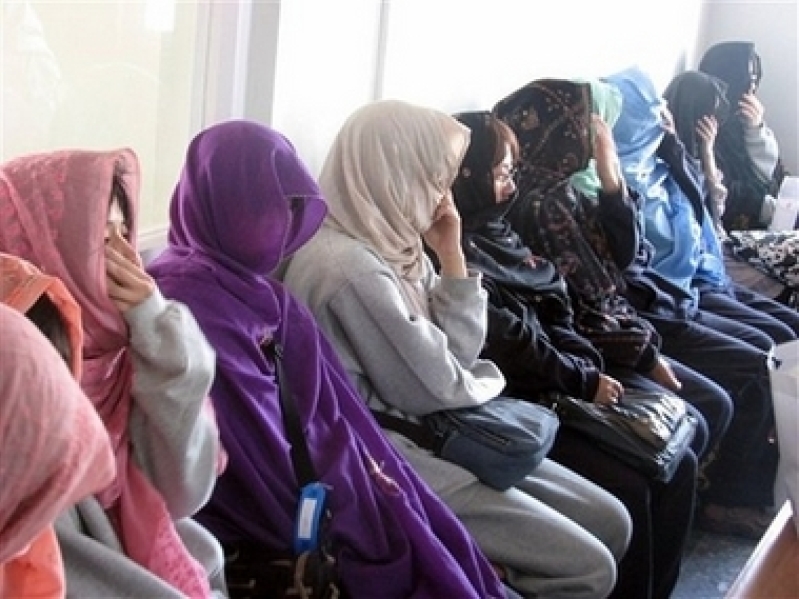
Criticism of ''rash'' evangelism conducted by South Korean missionaries broke out this week after the release of 19 Christian volunteers put an end to a six-week hostage crisis.
Tension was especially palpable in South Korea Sunday as the 19 former hostages returned home to a lukewarm reception from fellow citizens. Their safe return gave way to unhindered criticism of the group’s disregard of government warnings as well as of current Korean church mission strategies.
“They had traveled to a country that the Korean government had explicitly warned against by posting ample signs and notice,” read an editorial in Chosun Ilbo – the largest newspaper in South Korea.
Furthermore, the newspaper denounced the group for forcing the Korean government to hold face-to-face negotiations with the Taliban, an act which has elicited rebuke from the international community.
“All of this happened simply because some young Koreans traveled to Afghanistan totally unprepared and ended up getting kidnapped,” Chosun Ilbo stated.
The original group of 23 Korean Christian volunteers was kidnapped by Taliban militants on July 19 while on their way to provide free medical aid to poor Afghans. Over the course of 40 days, the rebels killed two men and freed two women before releasing the last groups of hostages on Wednesday and Thursday.
Korean media have accused the church group of not properly preparing before traveling to the dangerous country. They were said to have only studied the Afghan language once or twice a week for three months and received some medical and educational training. However, they failed to prepare for the possibility of an abduction or other likely dangers in highly volatile Afghanistan.
The group’s lack of awareness of the dangers led them to travel in a rented luxury bus at night in a Taliban-stronghold area – making them an easy target, according to Chosun Ilbo.
Complaints were also aimed at Korean churches in general for holding the popular view that the number of missionaries sent is a measure of the church’s power. South Korea is the second highest missionary sending country in the world behind the United States.
Korean churches were called to reflect on the problem and discuss how they can share their faith around the world while respecting different cultures and beliefs.
“And only if they find solutions following such discussions to ensure this type of incident will not happen again can the diplomatic and financial losses of the Korean government and the psychological sufferings of the public be justified,” scolded Chosun Ilbo.
Several prominent Korean church organizations have said they will stop missionaries from going to Afghanistan in adherence with the government’s agreement with the Taliban and discuss possible changes to overseas mission strategies. The Protestant organizations include the Christian Council of Korea and the Korea National Council of Churches.
Meanwhile, the head of the World Evangelical Alliance (WEA), the Rev. Dr. Geoff Tunnicliffe, announced his plan to meet with Korean Christian leaders during his visit to South Korea Sept. 13-17 to discuss the implications of the hostage crisis and the Korean government’s ban on Christian workers to Afghanistan.
“We truly feel sorry and thank the whole nation,” said an apologetic Yu Kyong-sik, one of the freed hostages upon her arrival in South Korea, according to Yonhap news service. “We went [to Afghanistan] to extend affection, but ended up giving much trouble and anxiety to the Korean people and government.”
“All of us owe a big debt to the country and the South Korean people,” said Lyu Kyung-sik, another freed hostage, according to Reuters. “When thinking about the trouble we have caused them, it is proper for us to bow deeply and ask for your forgiveness.”
All 21 hostages, including the two females freed earlier in August, were reunited Sunday and brought to a hospital in Anyang, south of Seoul.







